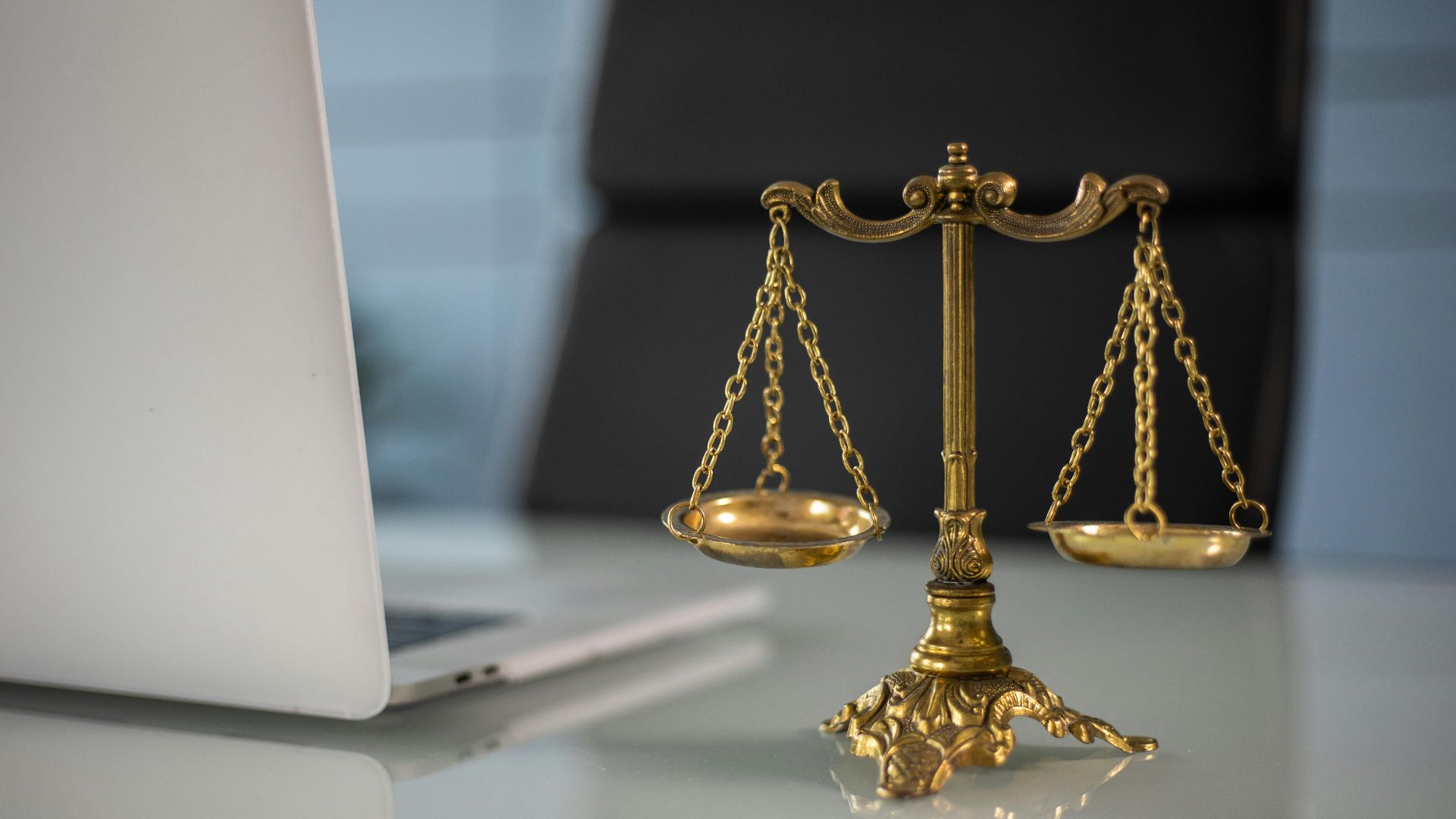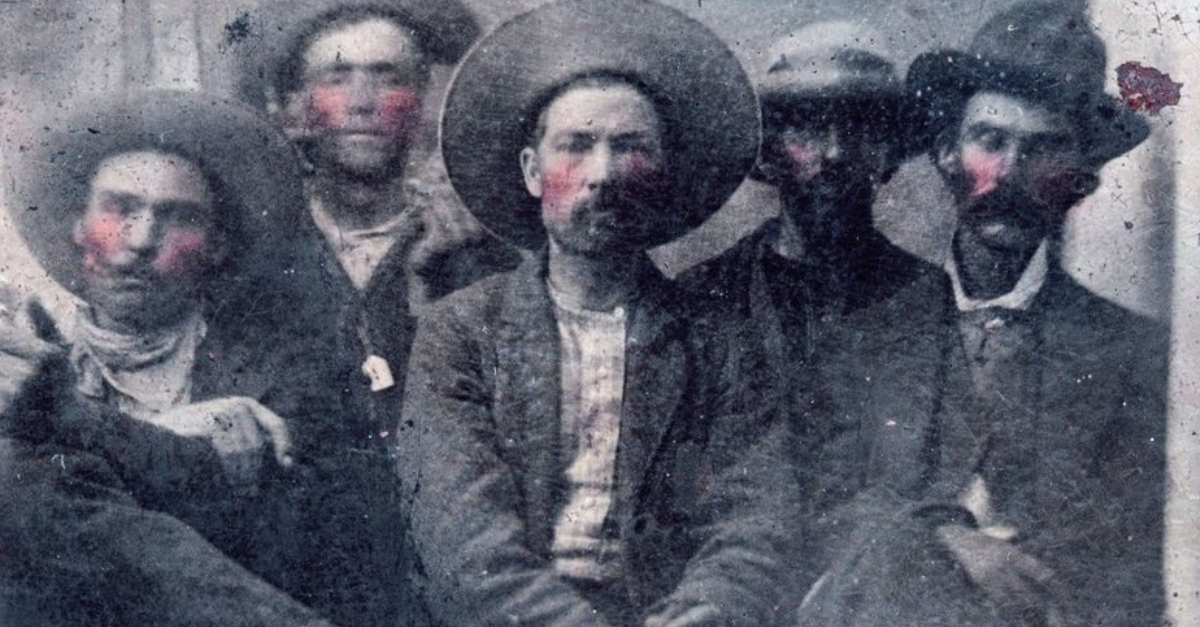There’s nothing quite like the shock of realizing your boss has stumbled onto your OnlyFans page, and suddenly your private hustle isn’t so private anymore. For some people, it’s about being told, “Take that account down, or you’re fired”. If your OnlyFans was meant to stay separate from your 9-to-5, you’re not alone in wondering: can your boss actually do that? Let’s break down the facts and what the law says about your rights.
Workplace Morality Vs Personal Freedom
Here’s the catch: most employees in the US work under “at-will” employment, which means an employer can fire someone for nearly any reason, as long as it’s not illegal. That includes conduct outside the office if they believe it affects the company’s reputation. It might sound outdated, but morality clauses (common in contracts for teachers, healthcare workers, and media professionals) can give employers leverage.
If you’re in a public-facing role or signed a company code of conduct, your employer may argue that your online presence violates their standards. Some states, however, offer protections for legal off-duty conduct. For instance, California and New York restrict employers from disciplining employees for lawful activities outside of work, unless it conflicts directly with the job.
When Privacy Stops Protecting You
While you might think, “It’s my personal page”, the internet has no fences. Once your identity is linked to the account, privacy protections can shrink fast. Employers don’t technically “invade privacy” by viewing public content.
However, if your employer accessed your account through hacking, coercion, or without consent, that crosses a legal line. Under the Stored Communications Act, unauthorized access to private online content can be considered unlawful. Still, the burden often falls on the employee to prove it.
What You Can (And Should) Do
If you’re in this situation, step one is simple: don’t panic, get informed. Review your employment contract and company handbook. Check for morality or social media clauses that could justify your employer’s stance. If you’re in a state that protects off-duty conduct, document the incident and consult a workplace attorney before deleting anything.
It’s also smart to separate identities—different usernames, email addresses, and payment details can prevent overlap. The less traceable your content is to your day job, the less risk of workplace fallout. Remember, laws around online expression are catching up, but until they do, awareness is your best defense.
Bottom Line: The Law Isn’t As Modern As The Internet
The harsh truth? Your boss might legally fire you over an OnlyFans account, depending on where you live and what you signed. Still, public opinion and some state laws are shifting toward respecting personal freedom after hours. Until federal laws adapt, it’s a gray area where privacy and rights collide.
So before you hit “upload”, make sure your digital life can’t come back to haunt your professional one.










